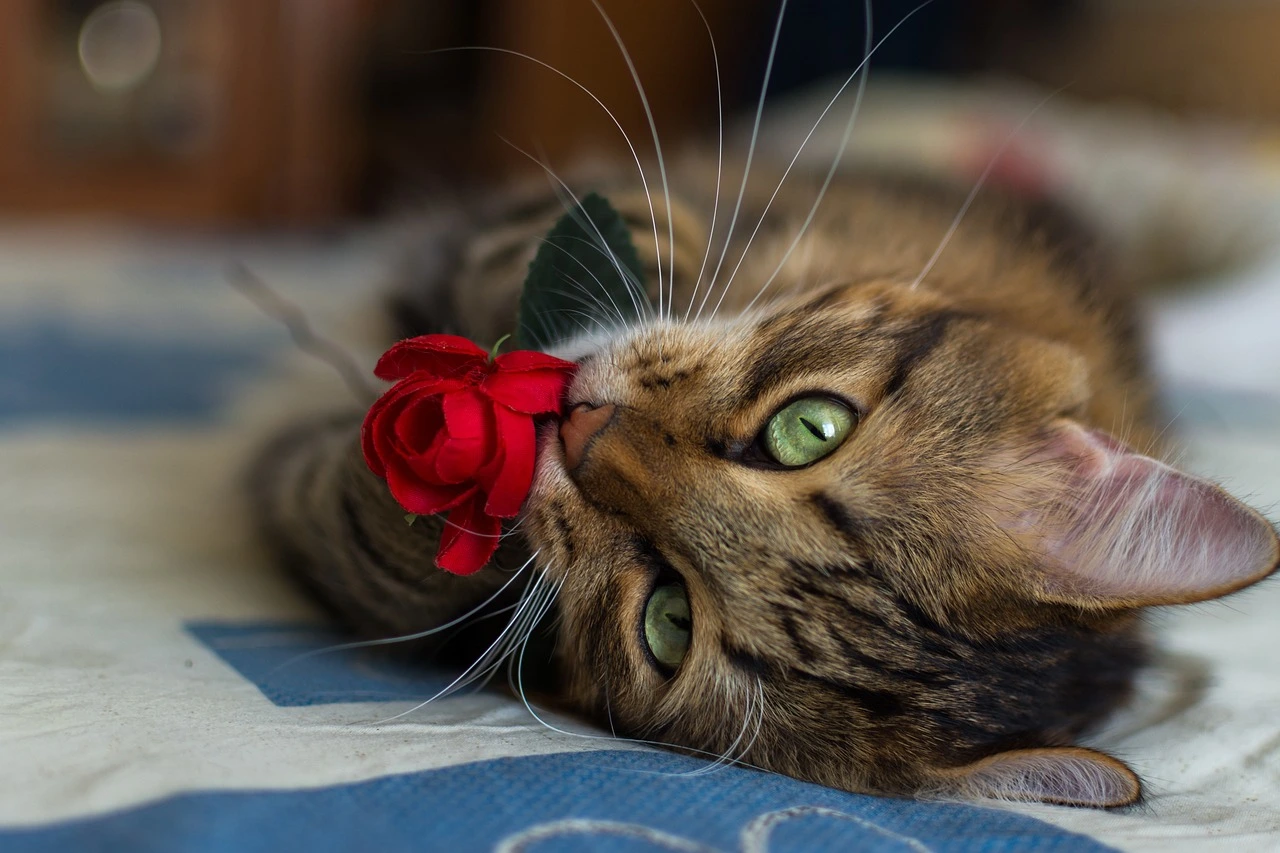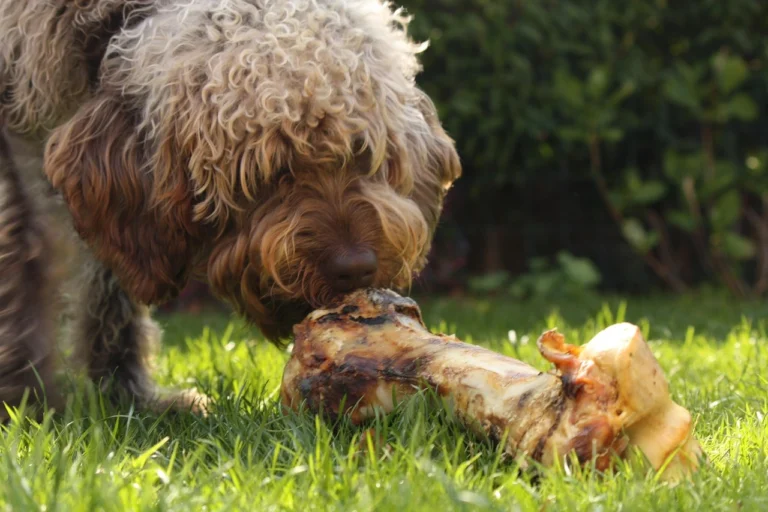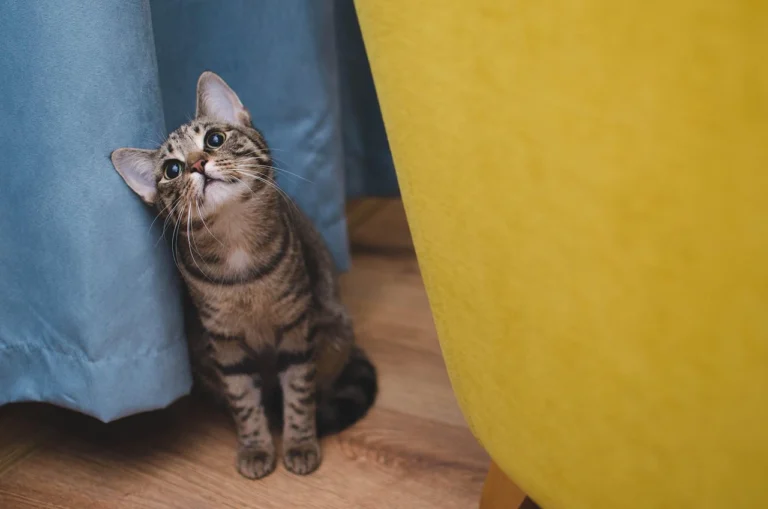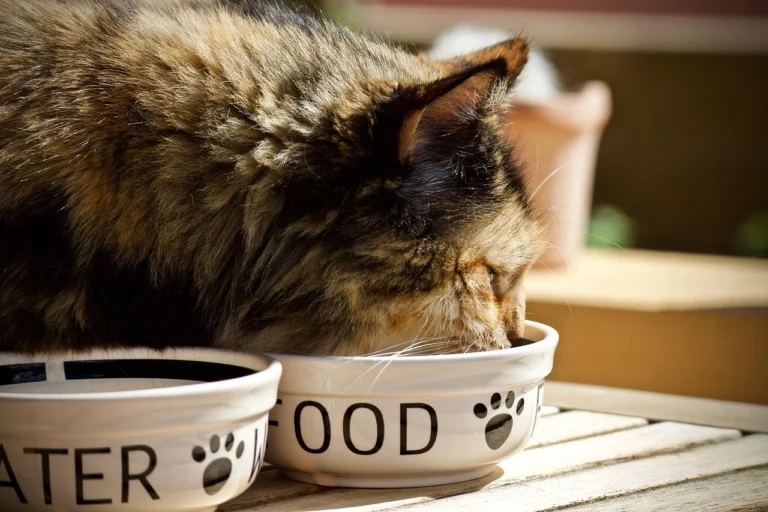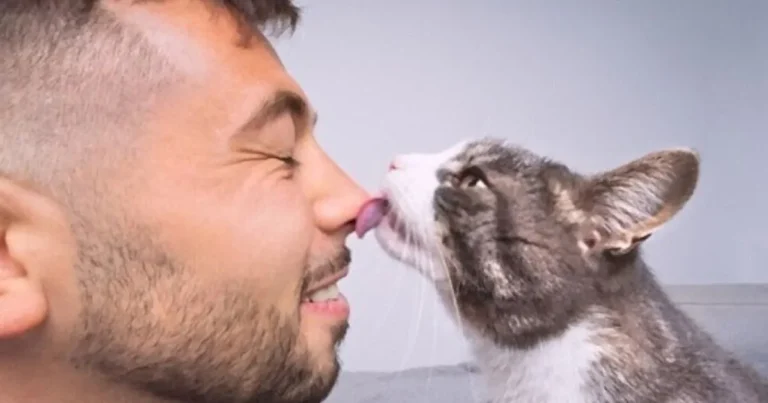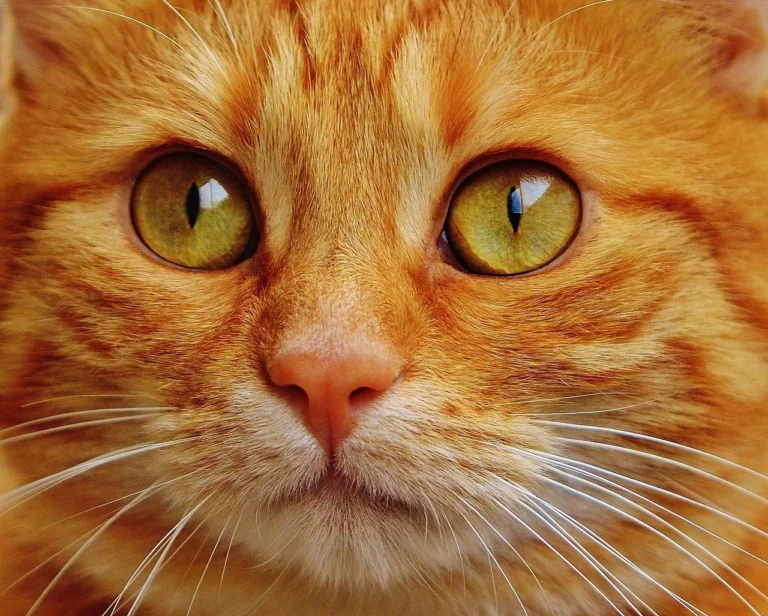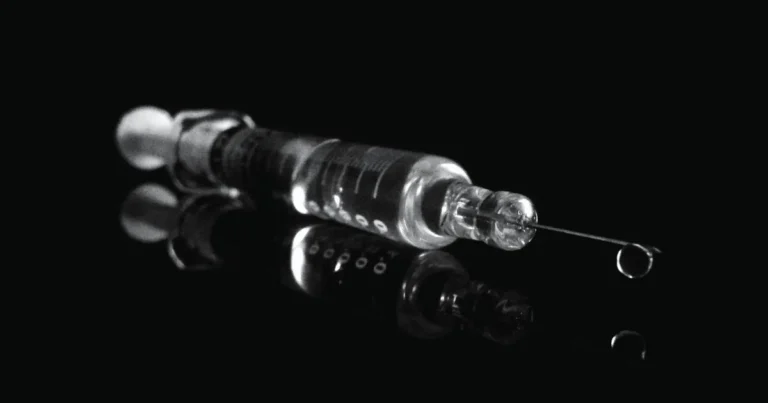Are Roses Toxic to Cats?A Complete Guide to Safety and Risks
As a devoted cat parent, I know the worry of keeping your furry friend safe. Roses often spark confusion and concern about toxic plants for felines. The good news is that true roses aren’t poisonous to your whiskered companion.
Understanding plant toxicity for cats is key to a safe home. While Rosa species aren’t inherently dangerous, there are important considerations. Thorns, pesticides, and potential secondary risks can pose challenges to your curious feline friend.
This guide will explore the relationship between roses and cat safety. We’ll look at what makes these flowers both potentially problematic and generally safe for your pet. You’ll learn how to protect your beloved cat.
Whether you’re a gardening enthusiast or love fresh flowers at home, knowing about roses and cats is important. It helps you make informed decisions about your plants.
Table of Contents
Understanding Rose Safety and Toxicity for Cats
Keeping your feline friends safe is key. Knowing which plants are safe is important. Roses are a good choice for pet owners worried about dangers.
The ASPCA pet poison database is reassuring about roses. True roses are not toxic to cats. This means you can relax about having these flowers at home or in your garden.
Basic Rose Plant Components
Knowing what makes up a rose helps keep cats safe. The main parts are:
- Petals: Soft and usually safe
- Stems: Woody and safe
- Leaves: Green and safe
- Rose hips: Fruit-like and safe
ASPCA Classification and Safety Status
The ASPCA has checked roses and says they’re safe for cats. So, you can have these flowers at home without worry.
Different Types of Safe Roses
Not all roses are the same, but most are safe for cats. Here are some pet-friendly rose types:
- Hybrid Tea Roses
- Floribunda Roses
- Climbing Roses
- Miniature Roses
Remember, while roses are safe, always watch your cat around plants. Look out for any odd behavior.
Are Roses Toxic to Cats: The Truth About These Common Flowers
Roses often confuse pet owners about what plants are toxic to cats. But, true roses (Rosa species) are not toxic to cats. This is good news for those who love flowers and have cats.
Roses aren’t poisonous, but they can still be a risk for curious cats. Eating a lot of rose petals or leaves might upset a cat’s stomach. It’s not toxic, but it could make a cat feel a bit sick.
- Roses are classified as non-toxic by the ASPCA
- Cats may experience minor digestive issues if consuming large amounts
- Physical parts of roses can cause potential irritation
When looking at what flowers are poisonous to cats, it’s important to know the difference. Some plants look like roses but are very dangerous for cats.
| Plant Type | Toxicity Level | Potential Risk |
|---|---|---|
| True Roses (Rosa species) | Non-Toxic | Mild Digestive Upset |
| Toxic Rose Lookalikes | Highly Toxic | Serious Health Complications |
To keep your cat safe, watch them around plants. While roses aren’t toxic, their thorns can hurt, and pesticides can be harmful. Always talk to your vet about plant safety to be a responsible pet owner.
Physical Hazards of Roses for Felines
Roses can be a danger to curious cats, with their thorns posing a risk. It’s important for pet owners to know about these dangers. This way, they can make a safe space for their cats.
Cats love to explore with their paws and mouths. But, when they come across rose plants, they face several dangers. Pet owners need to be aware of these risks.
Thorn-Related Injuries
Rose thorns can hurt cats in many ways:
- Paw punctures when walking near or playing with rose bushes
- Mouth and face injuries from attempting to chew or investigate the plant
- Eye scratches from brushing against thorny stems
Prevention of Physical Harm
To keep your cat safe from rose thorns, you need to take action. Here are some steps to reduce risks:
- Place rose plants in areas inaccessible to cats
- Use protective barriers around rose bushes
- Trim lower branches to reduce potential contact
- Supervise cats when near rose plants
Risk Areas in Rose Plants
Cats can get hurt from different parts of rose plants. The most dangerous areas include:
- Thorny stems that can cause deep puncture wounds
- Lower branches within cat’s reach
- Fallen thorns on the ground
Knowing about these dangers helps you make a safer place for your cat. You can still enjoy roses in your home or garden.
Chemical Concerns with Store-Bought Roses
Store-bought roses can be a surprise risk for cat owners. They look beautiful but might hide chemical dangers. These dangers could harm your cat’s health.
Commercial roses get treated with many chemicals during growth and transport. These chemicals can make your home environment unsafe:
- Pesticide residues
- Chemical fertilizers
- Floral preservation solutions
- Synthetic growth regulators
Toxic plants for cats can lead to serious health problems. The chemicals in rose production might cause skin irritation or internal issues in cats.
| Chemical Type | Potential Cat Health Risk | Recommended Action |
|---|---|---|
| Pesticide Residues | Respiratory irritation | Wash roses thoroughly |
| Chemical Fertilizers | Digestive upset | Keep roses out of cat’s reach |
| Preservation Solutions | Potential neurological symptoms | Use organic flower treatments |
To keep your cat safe, think about buying organic roses. Or clean store-bought flowers well before bringing them home. It’s key to reduce chemical exposure to keep your pet healthy.
Distinguishing True Roses from Toxic Look-alikes
When looking at what plants are toxic to cats, pet owners need to be careful. Some plants with “rose” in their name are not safe for cats.
Some plants seem harmless but can be dangerous for cats. Knowing the difference between real roses and harmful plants is key to keeping your pet safe.
Common Toxic “Rose” Plants to Avoid
- Desert Rose (Adenium obesum): Extremely toxic to cats, can cause severe digestive issues
- Christmas Rose (Helleborus niger): Contains compounds that are poisonous to felines
- Moss Rose (Portulaca oleracea): Can cause kidney problems in cats
- Rock Rose (Cistus): Potentially harmful if ingested
Identifying Safe Rose Species
True roses (Rosa species) are usually safe for cats. To keep your pet safe, look for these signs:
- Botanical name containing Rosa
- Standard garden rose appearance
- Confirmed by veterinary resources like ASPCA
If you’re unsure, always check with a vet before bringing new plants home. Keeping your cat safe from toxic plants means doing your homework and staying alert.
Symptoms of Rose-Related Issues in Cats

When your cat meets roses, they might face plant toxicity. Knowing the signs helps keep your cat safe from health risks.
Cat rose ingestion symptoms often include mild to moderate digestive issues. Your cat might show:
- Mild stomach upset
- Vomiting
- Diarrhea
- Decreased appetite
Physical contact with rose plants can cause more problems. Thorn-related injuries might lead to:
- Small cuts or puncture wounds
- Local skin irritation
- Potential infections if wounds are not treated
Look for behavioral changes that could mean your cat is uncomfortable. If your cat seems off or lethargic after being near roses, get vet help. Some cats react more strongly to plant toxicity.
Quick action and treatment can stop serious health issues. Always watch your cat around plants and get vet advice if symptoms show up.
Safe Rose Handling Practices for Cat Owners
Caring for roses with your cat in mind needs careful planning. You can enjoy roses at home and in your garden. This is possible by taking steps to keep your plants and pet safe.
When you bring roses into your home, there are important steps to take. These steps help reduce risks from these lovely flowers.
Indoor Rose Arrangement Tips
Setting up safe indoor rose displays is all about careful planning:
- Remove thorns carefully before arranging cut roses
- Place flower arrangements on high shelves or secured surfaces
- Use heavy, stable vases that cannot be easily knocked over
- Supervise cats when new roses are introduced to your home
Garden Safety Measures
Creating a cat-friendly garden with roses needs careful planning. You must protect your curious cat from dangers in the garden.
| Garden Safety Strategy | Implementation |
|---|---|
| Physical Barriers | Install fencing around rose beds |
| Plant Placement | Keep roses in raised areas inaccessible to cats |
| Natural Deterrents | Use citrus peels or pet-safe repellent sprays |
By following these strategies, you can make a safe space for both your roses and cat. They can live together peacefully in your garden.
Pesticides and Rose Treatment Risks
Keeping your cat safe from toxic plants means knowing about pesticide dangers in roses. These chemicals can turn harmless flowers into health risks for cats.
Many pesticides used on roses are harmful to cats. Cats can get sick from these chemicals through their skin or by eating them while grooming. Their habit of cleaning themselves makes them more at risk.
- Organophosphate pesticides can cause severe neurological damage
- Systemic chemical treatments remain active on plant surfaces for weeks
- Rose treatments may contain compounds toxic to feline metabolism
Here are important steps to keep your home safe:
- Wash store-bought roses thoroughly with clean water
- Choose organic or pet-safe rose treatments
- Create barriers preventing cat access to treated plants
Professional gardeners suggest using natural pest control methods to avoid chemical risks to your pets. Vinegar, neem oil, and biological pest controls are safer for roses.
Your cat’s health depends on careful selection of plant treatments and proactive prevention.
Always talk to your vet about plant toxicity risks in your home.
Emergency Care for Rose-Related Incidents

If your cat gets into roses, knowing what to do can be lifesaving. Most roses are not poisonous, but some situations need vet help right away.
It’s important to know the signs if your cat eats a rose. The ASPCA pet poison control center says to watch your cat closely after they eat a plant they shouldn’t.
- Look for signs of trouble like:
- Too much drooling
- Vomiting
- Feeling very tired
- Having trouble breathing
If you think your cat had a bad reaction to roses, call your vet fast. Have this info ready:
- The type of rose
- How much they ate
- When it happened
- What symptoms they have now
| Emergency Contact | Phone Number | Available Hours |
|---|---|---|
| ASPCA Animal Poison Control | (888) 426-4435 | 24/7 |
| Local Veterinary Emergency | Check Local Listings | Varies |
Act fast to avoid serious problems from rose incidents.
Creating a Cat-Safe Garden with Roses
Creating a garden that’s safe for cats and beautiful is key. You need to plan carefully and choose the right plants. Roses and pets can live together in harmony with the right garden design.
Roses can be a great choice for your garden, but you must plan wisely. Your goal is to make a space that’s safe for your pets and looks good too.
Strategic Garden Placement
To keep your cats safe, follow these tips:
- Create raised garden beds with protective barriers
- Use decorative fencing around rose bushes
- Plant roses in areas less accessible to cats
- Provide alternative engaging spaces for your pets
Companion Plants for Feline Safety
Choose these cat-friendly plants to go with your roses:
- Boston ferns
- Spider plants
- Certain orchid varieties
- Catnip (for direct feline enjoyment)
With these tips, you can make a beautiful garden. It will be safe for your cats and full of lovely roses and plants.
Rose Water and Flower Food Safety
Exploring plant toxicity for cats, we find rose water and flower additives need careful thought. Your feline friends might face risks from seemingly harmless flower products. Knowing these dangers helps keep your pet safe from accidental exposure.
Rose water usually doesn’t pose a big risk to cats. Natural rose water without extra chemicals is generally safe. But, pet owners should still be careful and stop cats from drinking it.
- Flower food often has harmful chemicals
- Commercial flower preservatives may include toxic substances
- Artificial additives can cause digestive problems for cats
When thinking about are roses toxic to cats, remember flower food is a bigger risk than rose water. These products often have:
- Sugar-based compounds
- Bleach derivatives
- Acidic stabilizers
“Prevention is always better than treatment when protecting your feline companions from potential chemical hazards.” – Veterinary Safety Experts
To keep your cat safe, consider these safer options instead of traditional flower food:
- Use clean, fresh water for cut roses
- Replace water every two days
- Avoid commercial flower preservatives
- Keep flower arrangements out of cat’s reach
Being watchful and taking steps ahead can help make a safe space for your pets. This way, you can enjoy beautiful rose arrangements while keeping your pets safe.
Conclusion
Knowing if roses are toxic to cats is key for pet owners who enjoy gardening and decorating with flowers. Roses themselves aren’t poisonous, but they can still be harmful to cats. This is due to physical and chemical dangers.
To make a safe garden for cats, you need to plan carefully. Choose the right rose types, place them correctly, and avoid harmful chemicals. This keeps your pet safe from harm.
Being a responsible pet owner means finding a balance between beauty and safety. By following the tips in this article, you can have a beautiful rose garden. And you can keep your cat safe from harm.
Knowledge is your strongest ally. Always check your garden and watch how your cat interacts with roses. Always put your cat’s health first. With careful attention and smart choices, you can make a safe space for both your roses and cats.

